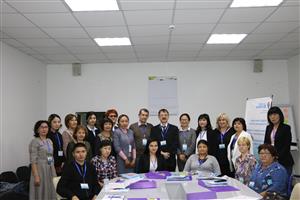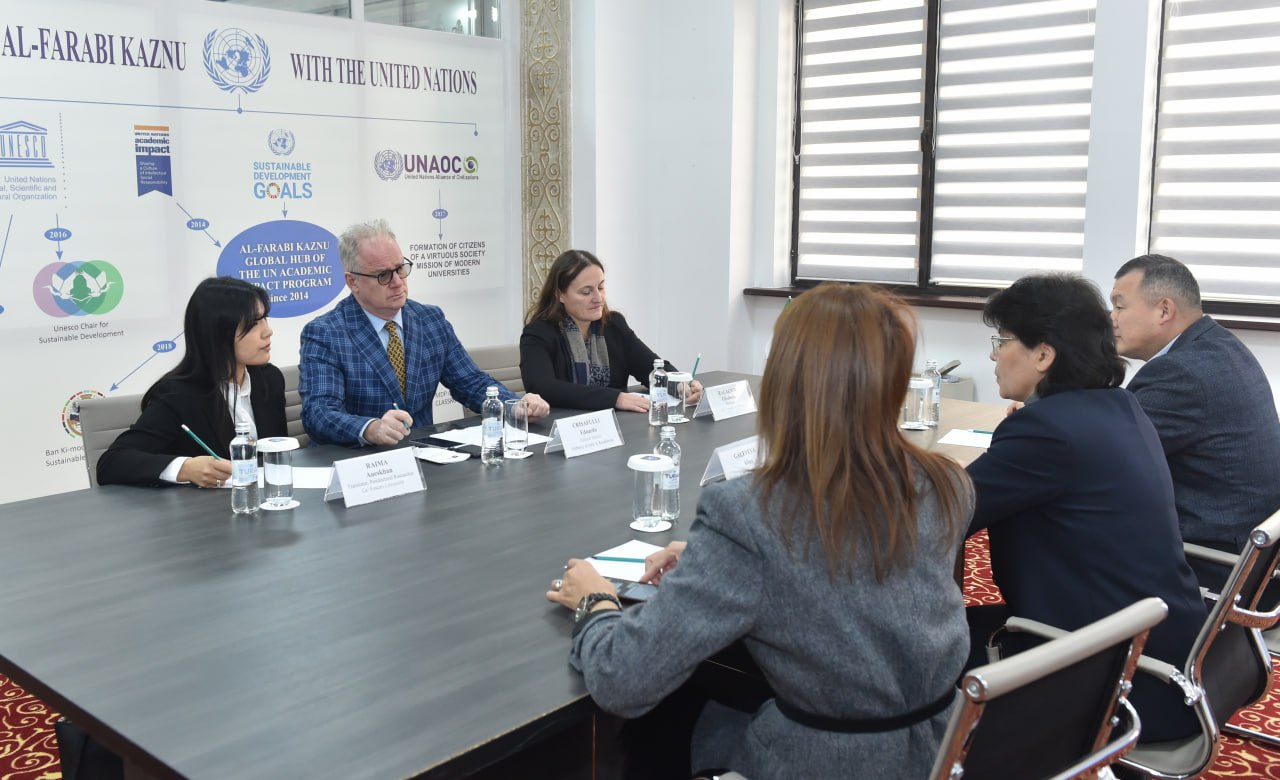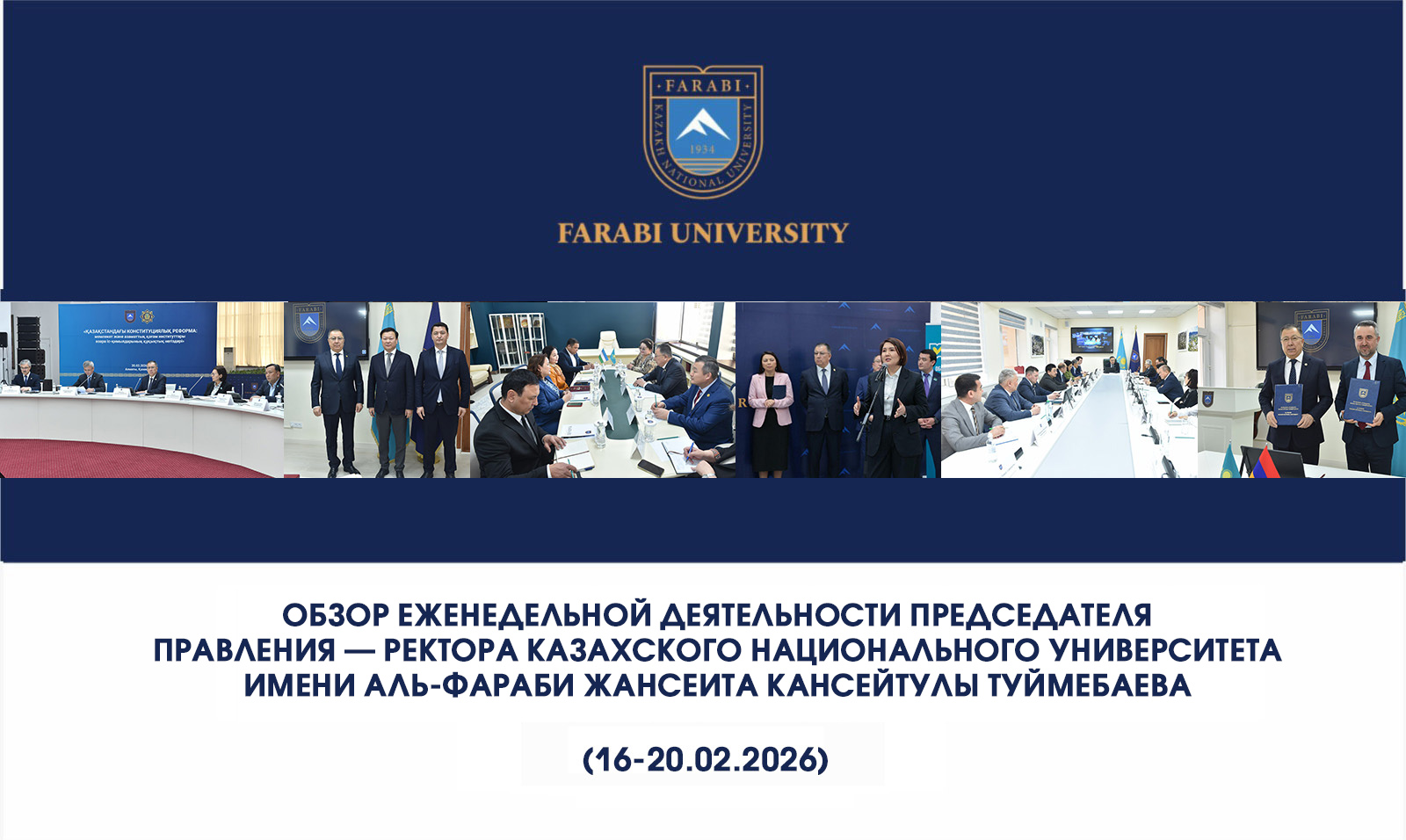Universities of Kazakhstan and Mass Media support gender-oriented approach in journalism

The principles of gender equality are actively implemented in Kazakhstan. UNESCO Chair in Journalism and Communication, KazNU Al-Farabi, in partnership with the International Program for the Development of Communications of UNESCO and the United Nations Entity UN-Women, performs a set of tasks aimed at enhancing the competencies of journalists, press officers, and new media users in the field of supporting gender stability.
The department's assets include conducting research in the field of female employment, migration, and gender-sensitive indicators for the media. In October 2018, the project of the training seminar “Strengthening the curriculum on gender journalism” was implemented, following which six higher education courses were introduced in Kazakhstan universities, taking into account gender positions, the use of gender aspects was extended to the content of most training courses.
An integral part of these projects is interaction with practitioners in the regions, to whom the media trainers of the UNESCO Chair in Journalism and Communication demonstrate the possibilities of correctly using gender knowledge as a professional tool in covering events in print and electronic media, in social networks, in preparing press releases, backgrounds.
The UN-Women structure in Kazakhstan, in partnership with the department, specified the objectives and indicators of gender-related Sustainable Development Goals (SDGs) until 2030 and expanded practical skills in maintaining gender equality in media content and managing editorial offices in Uralsk (West Kazakhstan Oblast) ) and in the city of Kostanay (Kostanay region). During the team work at the training seminars “Media and Sustainable Development Goals” in November 2019 to overcome the stereotyping of men and women in the media, journalists presented images that construct public opinion and support the media, explaining what qualities are really transparent in the conditions Kazakhstan, and which are perceived by society so far wary. The topics of presentations, interactive, games and workshops were based on materials from UNESCO and UN Women, expanding gender literacy among media workers.
For the two-year period from 2018 to 2019, 15 teachers of journalism universities and 34 media journalists were trained.
Therefore, the cooperation of UN international organizations with the UNESCO Chair in Journalism and Communication of KazNU al-Farabi will continue to help improve media skills in showing equal opportunities for men and women.

